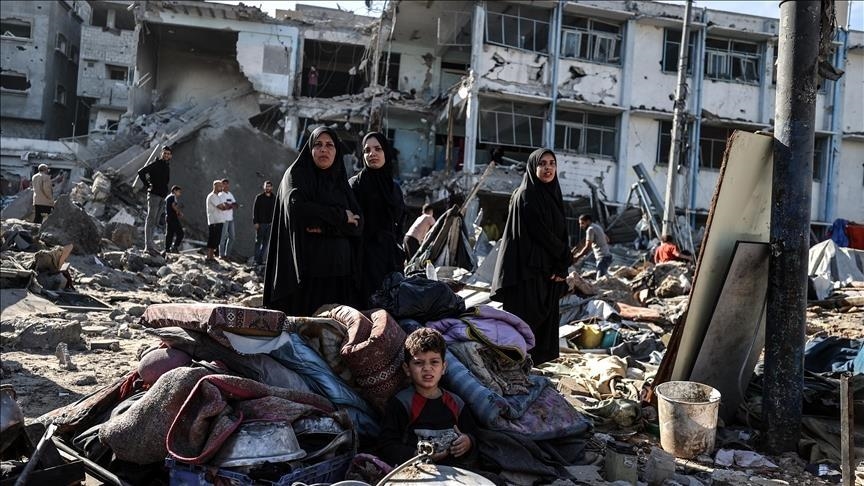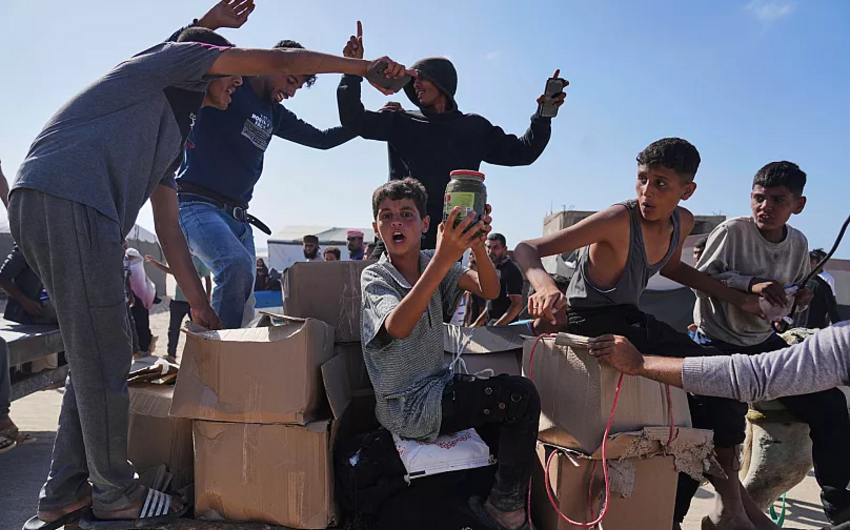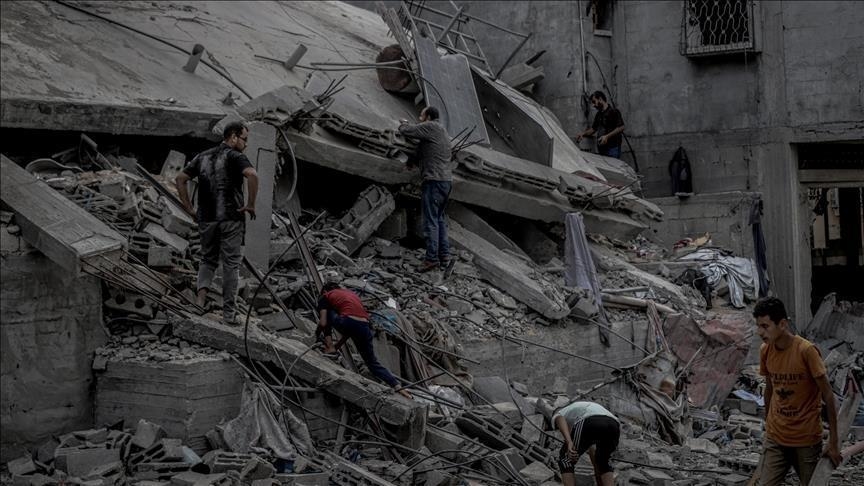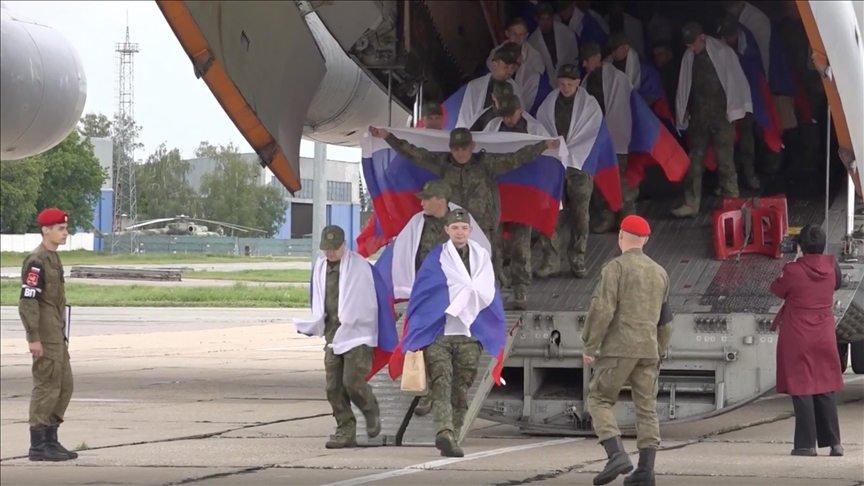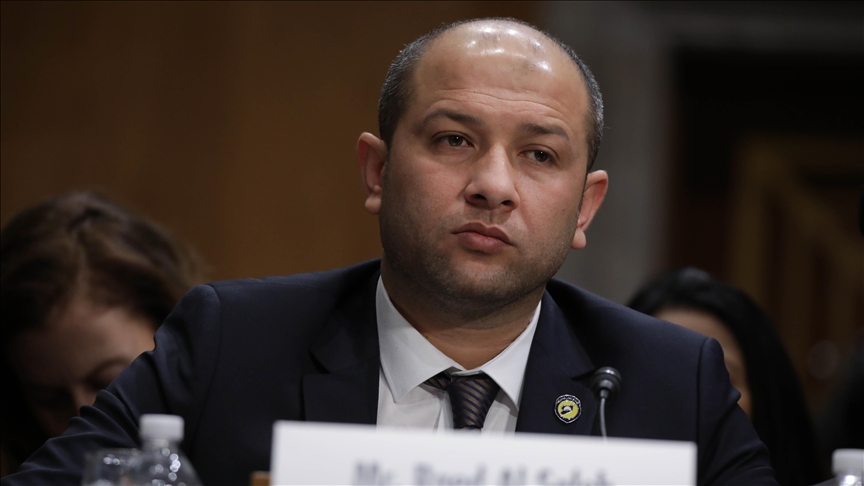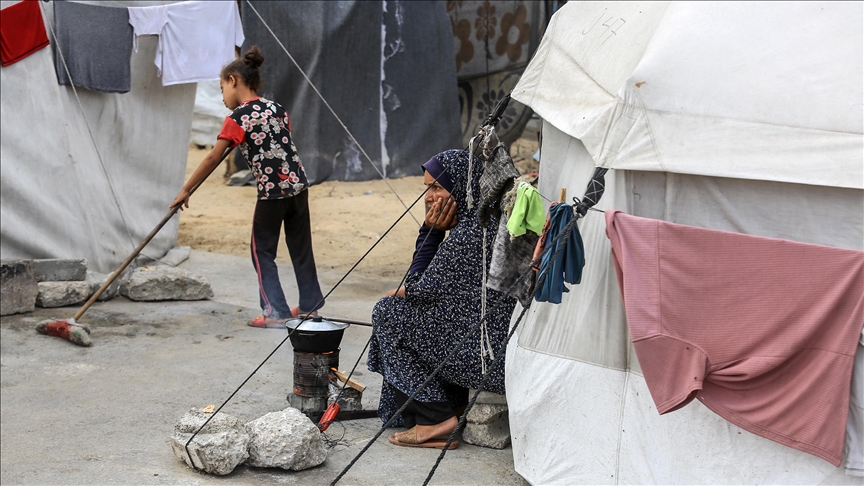Sudan’s Forces for Freedom and Change (FFC) opposition coalition revealed on Saturday that it had accepted an Ethiopian proposal for the formation of a civilian-majority governing body for a political transition in the country.
The compromise blueprint suggests the creation of a 15-member governing body that would install a civilian administration -- comprising eight civilians and seven members of the military, it said.
The ruling military council has yet to give its decision on the Ethiopian proposal.
"We think that our acceptance of the proposal is a major leap towards meeting the goals of the revolution, which are freedom, peace and justice," protest leader Babiker Faisal told reporters in a brief statement.
"It will put the country on the right track to create the transitional period that would usher in sustainable democracy."
“Therefore we demand that the document be approved by the military council in order to move the situation in Sudan (forward).”
Of the eight civilians, seven will be from the umbrella protest movement the Alliance for Freedom and Change, another protest leader Amjad Farid had told AFP earlier on Saturday.
Ethiopia has stepped up its efforts to resolve the political crisis in Sudan since the deadly June 3 dispersal of a long-running protest camp outside army headquarters in Khartoum.
The ruling generals and the coalition have been wrangling for weeks over what form Sudan’s transitional government would take after the military deposed and detained long-time president Omar al-Bashir on April 11.
In May, the parties came to an initial agreement that gave two-thirds of a transitional legislative council to the FFC and allowed them to nominate candidates for a merit-based cabinet of ministers. The Ethiopian draft seen by Reuters suggested this would remain the case.
However, both sides were deadlocked on whether civilians or the military would control a new sovereign council to lead Sudan toward elections.
Talks between the military and the opposition alliance collapsed when security forces stormed a protest sit-in outside the Defense Ministry on June 3, killing dozens.
The crackdown carried out by men in military uniforms came after talks between protest leaders and the generals failed to reach an agreement on the composition of the new ruling body.
Days after the crackdown, Ethiopian Prime Minister Abiy Ahmed led the mediation between the two sides.
In previous talks before the June 3 crackdown, protest leaders and the generals had agreed on a three-year transition period and to form a 300-member parliament, with two-third lawmakers from the protest movement.
At least 128 people have been killed in the crackdown, the majority of them on that day, doctors linked to the protest movement say.
The health ministry put the June 3 death toll at 61 nationwide.
The generals deny they ordered the army HQ protest broken up, insisting they authorized only a limited operation to clear drug dealers from around the camp.
It expressed "regret" over the "excesses" that happened on June 3.
The military said a crackdown on criminals spilled over to the sit-in area, but some officers have been detained for presumed responsibility.
The opposition accused the military council of ordering the sit-in’s dispersal using force and wants an international inquiry. Witnesses said the paramilitary Rapid Support Forces, headed by the military council’s deputy, carried out the violence.
Sudan protesters agree on Ethiopian mediation on political transition
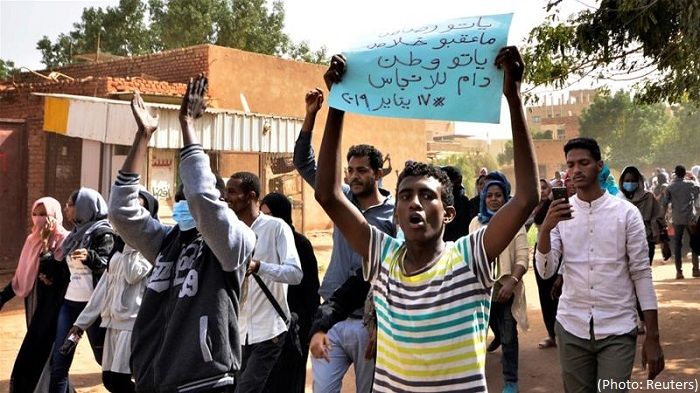
DİGƏR XƏBƏRLƏR
HamısıNews of the day

